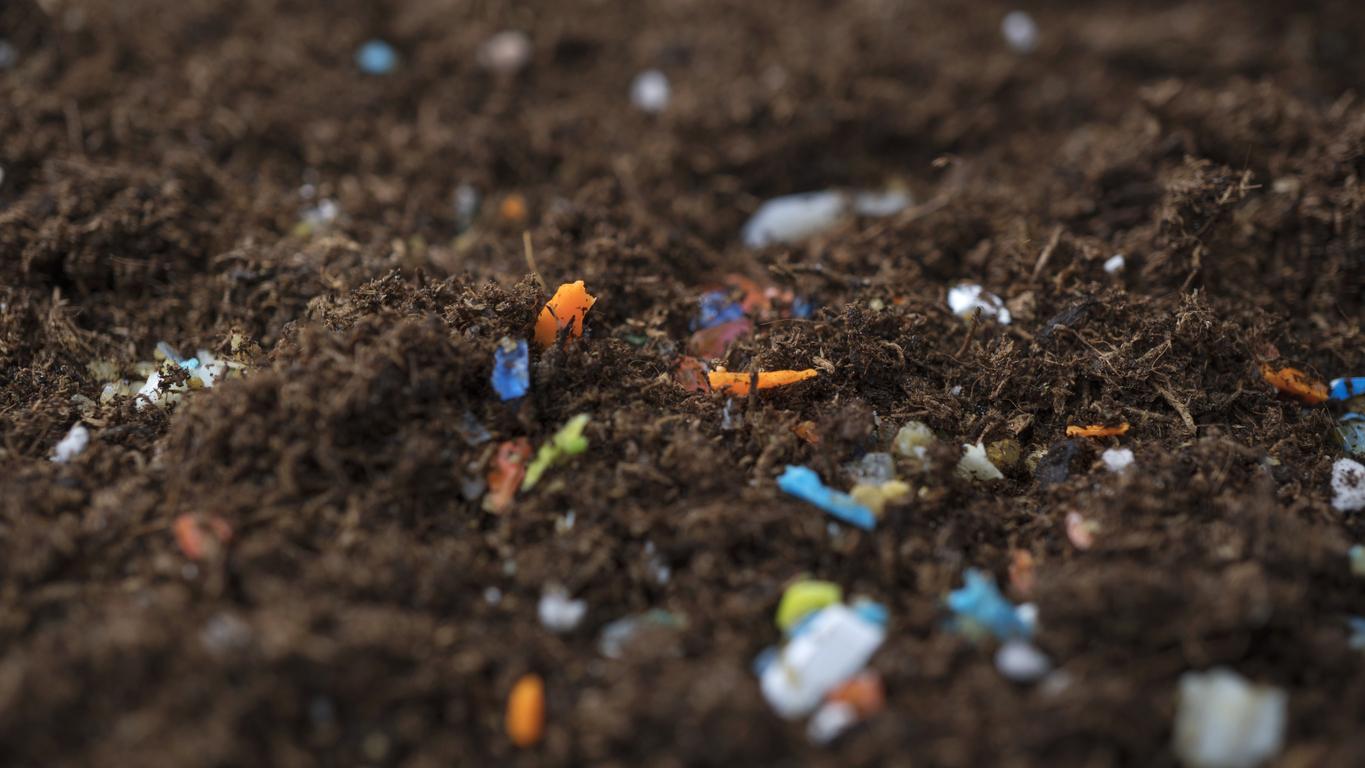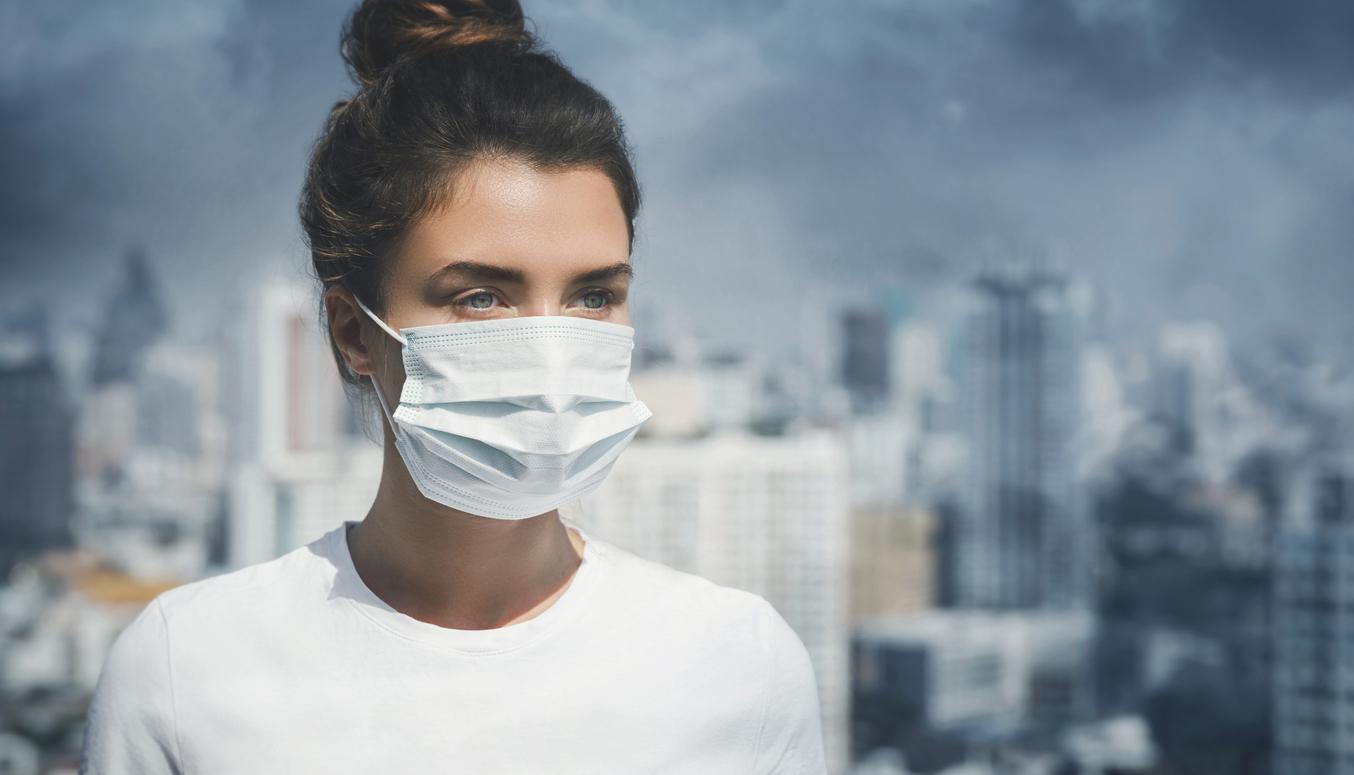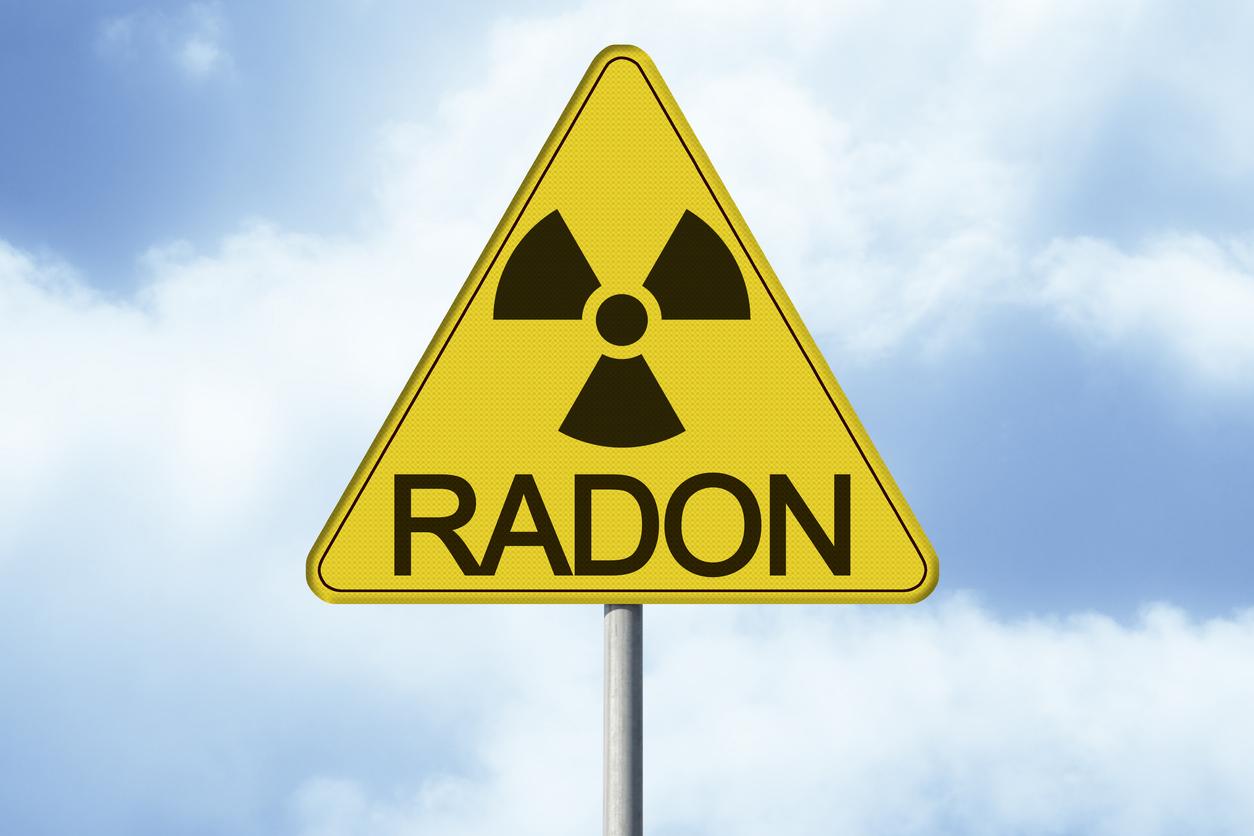We are not all equal when it comes to pollution. Income inequalities indirectly influence exposure to pollutants. And the poorest households are the ones who suffer the most from this environmental scourge, according to a study published in the scientific journal Plos One.
Researchers from the Ecole des Hautes Etudes en Santé Publique (EHESP) and the National Institute of Health and Medical Research (Inserm) analyzed the causes of the 79,107 deaths in Paris among those over 35. observed that in Paris “there is an excess mortality in the most disadvantaged categories during these episodes”, they explain, interviewed by La Croix. During peaks of air pollution in the capital, the less well-off would have a risk of dying five times higher than other Parisians.
These differences in vulnerability are linked to living conditions. The most modest households eat less balanced, spend more time in transport, smoke more but also have less recourse to health care, for lack of financial means. This combination of risk factors makes it more vulnerable to the harmful effects of pollution, the study explains.
“The most fragile resist less well when a pollution peak occurs”, explains the professor of public health Denis Zmirou-Navier, one of the coordinators of the study, quoted by La Croix.
Similar studies should be carried out in Lyon, Lille and Marseille.
>> To read also:Infographic: what is a pollution peak?
Infographic: all you need to know about air pollution
Indoor air pollution: who are the first victims?
















